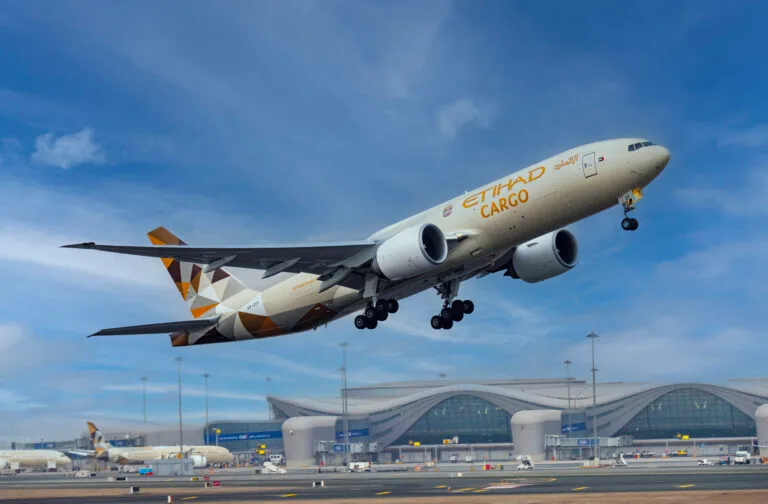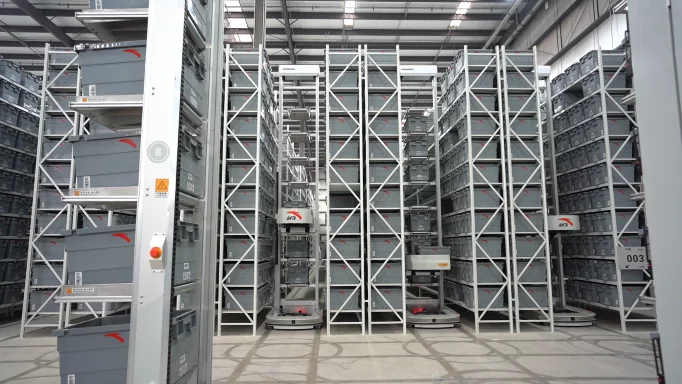Etihad Cargo, the logistics and cargo division of Etihad Airways, has enhanced its operations to respond to rising customer demand across Greater China. The carrier is increasing its total number of flights between China and other markets from 11 in 2024 to a projected 18 by 2025, reinforcing trade connections between major global regions.
To support this growth, Etihad Cargo will utilize a wet-leased 747 freighter, bolstering freight capacity on high-demand lanes and offering customers enhanced flexibility for shipments to and from key global destinations.
In response to the surging market demand, the airline has introduced three more weekly freighter services to Shenzhen and added two additional flights per week to London. These new routes will significantly improve connectivity between China, Europe, and the Middle East, with expanded capacity for the transport of e-commerce, pharmaceuticals, perishables, and other time-sensitive goods.
This strategic capacity increase aligns with Etihad Cargo’s broader objective to expand its global footprint and deliver dependable, customer-focused logistics solutions. The airline remains dedicated to providing agile, efficient freight services while advancing Abu Dhabi’s role as a premier global logistics center.
Commenting on the expansion, Stanislas Brun, Chief Cargo Officer at Etihad Cargo, said: “Etihad Cargo is continuously investing in network growth and capacity enhancements to support the dynamic needs of global commerce. The added services to Shenzhen and London Stansted reflect our dedication to meeting customer expectations through increased access and stronger trade route connectivity.”
By deepening its footprint in China and strengthening links with Europe, Etihad Cargo is unlocking greater freight capacity to facilitate the smooth flow of goods across international markets.
Read Similar…
Industry Urges Supply Chain Resilience After Heathrow Closure









